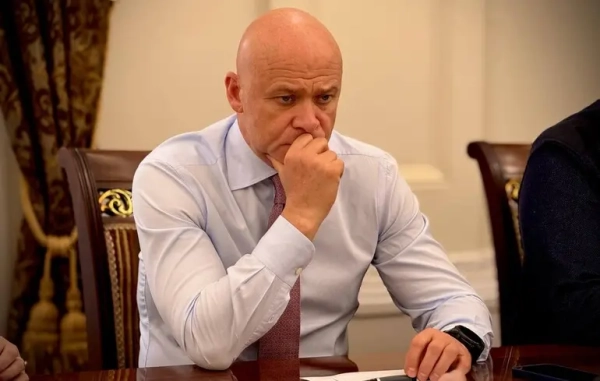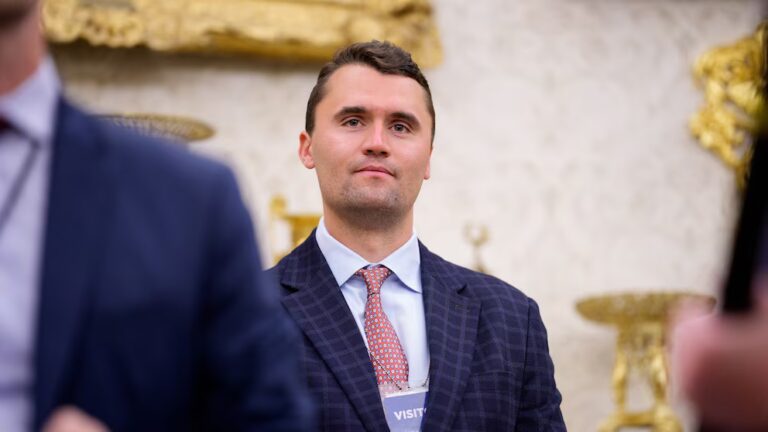The White House will bring together Japan and South Korea, two critical allies in the Pacific, on Friday for an unprecedented summit that could chart a course for confronting some of the three nations' most pressing security challenges.
Hosted at Camp David, the bucolic presidential retreat in Maryland, the gathering will mark the first time Preisdnet Joe Biden, South Korean President Yoon Suk Yeol and Japanese Prime Minister Fumio Kishida have convened for a standalone discussion to focus on their shared interests and challenges.
Officials say the meeting signals the strength of the alliance in the present and that it will also produce pivotal agreements aimed at bringing the countries even closer together in the years to come, including a commitment to gather on an annual basis — launching what a senior Biden administration described as a "new chapter in our partnership that will pull it up for the 21st century and make sure it is built to last."
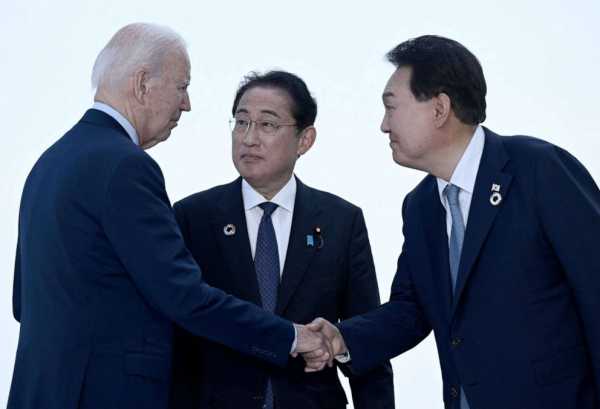
President Joe Biden, Japan’s Prime Minister Fumio Kishida, and South Korea’s President Yoon Suk Yeol greet each other ahead of a trilateral meeting during the G7 Leaders’ Summit in Hiroshima on May 21, 2023.Brendan Smialowski/AFP via Getty Images
But just arriving at this moment required both Japan and South Korea to move beyond their complicated history, agreeing to thaw tensions in order to deepen cooperation against modern adversaries.
Crisis communication
While leaders from the United States, Japan and South Korea say they are aligned in their goal to advance a "free and open Indo-Pacific," much of the summit will focus on how the powers will respond if the region comes up against a sudden existential threat.
"We're going to take the steps to invest in the appropriate technology to build a state-of-the-art trilateral hotline that we can engage in moments of crisis and uncertainty," one senior U.S. official said, adding that the leaders would also pledge to consult one another "in the event of a crisis or a set of circumstances that affects the security of any one of our countries."
MORE: Trump asks judge to schedule his federal election interference trial for 2026
Although much of the focus on these vital crisis communication channels falls on communications between adversarial countries — for instance, the Moscow-Washington hotline created at the height of the Cold War — Brad Bowman, senior director of the Center on Military and Political Power at the Foundation for Defense of Democracies and a former Senate adviser on foreign affairs, says it's still an important step for the allies.
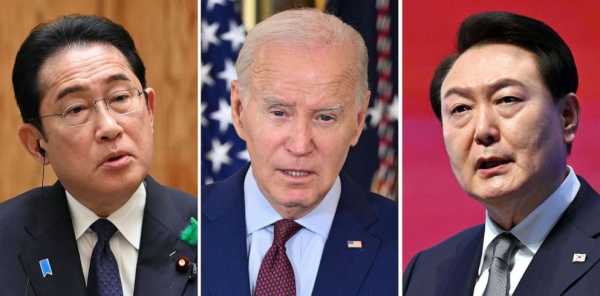
This combination created on August 18, 2023 of file photos shows (L to R) Japan’s Prime Minister Fumio Kishida in Tokyo on April 20, 2023; President Joe Biden in Washington, DC on July 19, 2023; and South Korea’s President Yoon Suk Yeol in Seoul on March 1, 2023.AFP via Getty Images
"We've long had deep cooperation and communication between the U.S. and South Korea. We've long had that with Japan," he said. "But if you have South Korea and Japan communicating in a faster, more thorough, and integrated way with the U.S. in the mix, that is unambiguously good for the security interest of the three countries."
The U.S., Japan and South Korea are also expected to ramp up trilateral military exercises and have already announced plans to share real-time warning data on missile launches from North Korea — an increasingly belligerent antagonist.
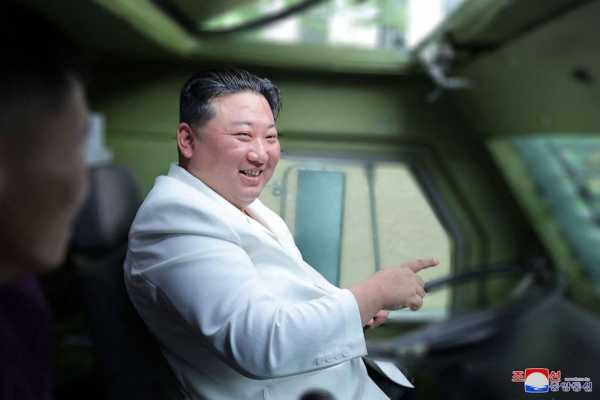
This undated photo released from North Korea’s official Korean Central News Agency on August 14, 2023 shows North Korea’s leader Kim Jong Un inside a multi-purpose armoured vehicle during a visit to an important munitions factory at an undisclosed location in North Korea.KCNA VIA KNS/AFP via Getty Image
Pyongyang has decried such cooperation between the East and West, but a U.S. official said the Hermit Kingdom has been a driving force for strengthening the alliance.
"I would suggest what you're seeing in Japan, South Korea and the United States is largely a response to measures we believe are antithetical to our interests," they said.
Aligning against China
While American officials have candidly addressed the threat posed by North Korea, in the run up to the summit, many have been reticent to call out the challenges created by China — but Beijing still looms large over the proceedings, and measures aimed at curbing the country's increasing assertiveness in the region are woven in between the lines of official statements.
American officials tried to downplay apprehension over the meeting expressed by Beijing, arguing that the administration's approach has remained steadfast.
"This is not about taking steps that would in any way seek to isolate China," one said. "This is an effort to stabilize and preserve peace and stability."
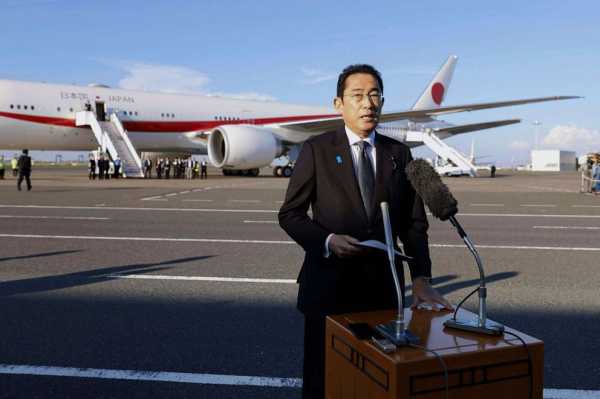
Japanese Prime Minister Fumio Kishida speaks before he gets on an airplane at the Haneda international airport in Tokyo, Thursday, Aug. 17, 2023, on his way to Camp David in Maryland.Masanori Kumagai/AP
MORE: Pentagon to make changes at military service academies to stem sexual assaults
But U.S. Ambassador to Japan Rahm Emmanuel underscored exactly how the summit disrupts Beijing's approach to foreign policy,
"China's entire strategy is based on the premise that America's number one and number two ally in the region can't get together and get on the same page," he said at a Brookings Institution event Wednesday.
Bowman said that in some ways, China has also brought Japan and South Korea together.
"The People's Republic of China is its own worst enemy," he said, pointing to its provocative military maneuvers in the South China Sea. "If one were imagining a set of behaviors and statements and attitudes designed to push disparate countries together to create a more unified, cohesive and capable coalition of countries — that's exactly what Beijing is doing."
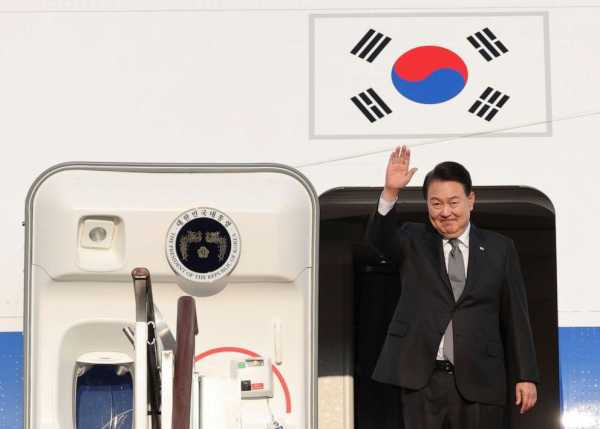
South Korean President Yoon Suk Yeol waves before departing for the United States at the Seoul military airport in Seongnam, South Korea, Thursday, Aug. 17, 2023.AP
Beyond keeping China in check now, Bowman said enhanced military cooperation among the three could also hamper Beijing's ambition to retake Taiwan.
"Anything that that builds up the readiness of the three militaries and makes them more effective and operating together, then the stronger the deterrent will be, and the less likely we will ever confront that aggression in the first place," he said.
U.S. intelligence has indicated Chinese President Xi Jinping is instructing his military to "be ready by 2027" to invade Taiwan.
But while Beijing and Pyongyang have both accused the U.S. of trying to reconstruct NATO in the West, the summit is expected to stop short of producing any type of collective defense agreement.
A backdrop for diplomacy
Washington has long sought to mend ties between its most critical allies in the Pacific, but the relationship between the two has been strained by decades of turmoil, including Japan's three-and-a-half-decade long occupation of the Korean peninsula before the Japanese Empire's defeat in World War II.
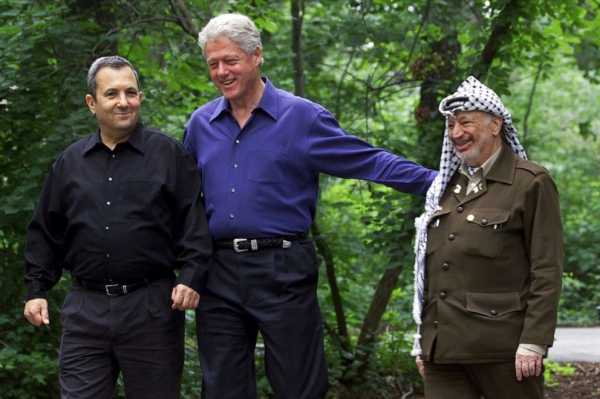
In this file photo, President Bill Clinton, center, accompanied by Israeli Prime Minister Ehud Barak, left, and Palestinian leader Yasser Arafat, right, walk on the grounds of Camp David, Md., on July 11, 2000, during a Mideast summit.Ron Edmonds/AP
Significant diplomatic overtures from the leaders of both South Korea and Japan were necessary to lay the groundwork for the summit, and as a symbol of appreciation, the Biden administration is rolling out the red carpet, hosting the first foreign leaders at Camp David — a site imbued with a history of high-level negotiations.
MORE: US sanctions 4 Russians allegedly involved in poisoning of Alexey Navalny
Officials said the location for the engagement was chosen "quite carefully," noting that Camp David is typically reserved for only "the most important and significant" meetings.
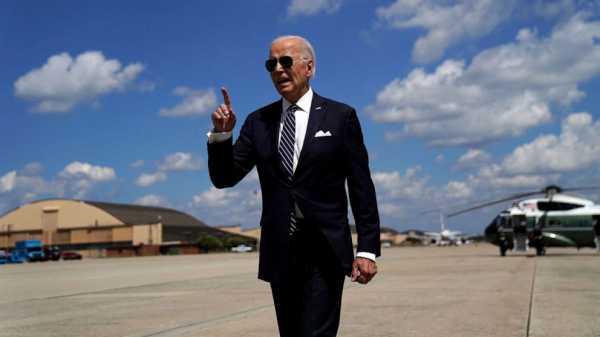
President Joe Biden speaks to the press before boarding Air Force One at Joint Base Andrews in Maryland on August 17, 2023, as he departs for Camp David with a stop in Scranton, Pennsylvania.Kent Nishimura/AFP via Getty Images
They advised that Biden will spend the eve of the summit preparing for the day's engagements with his national security advisors at the retreat. Early Friday, South Korean and Japanese leaders will be transported to Camp David on helicopters from the president's fleet, where Biden will formally greet them, according to officials.
While the summit will be filled with one-on-one meetings and engagements between the three leaders, there will also be "substantial downtime" and opportunities for more organic interaction, an official said.
Sourse: abcnews.go.com

